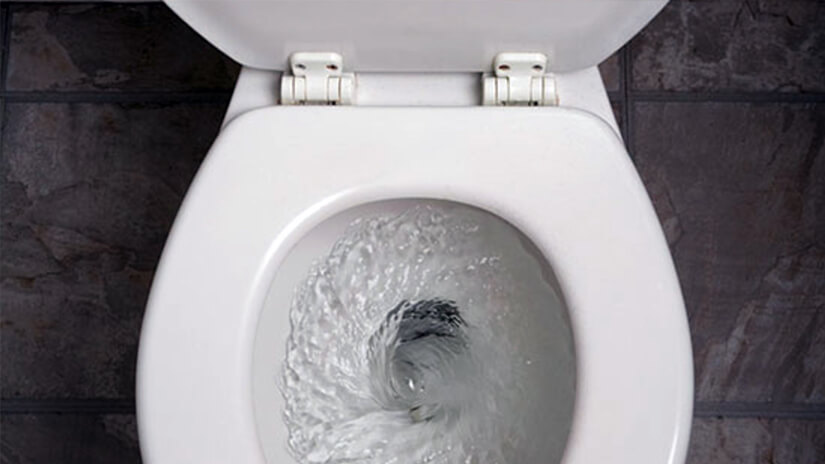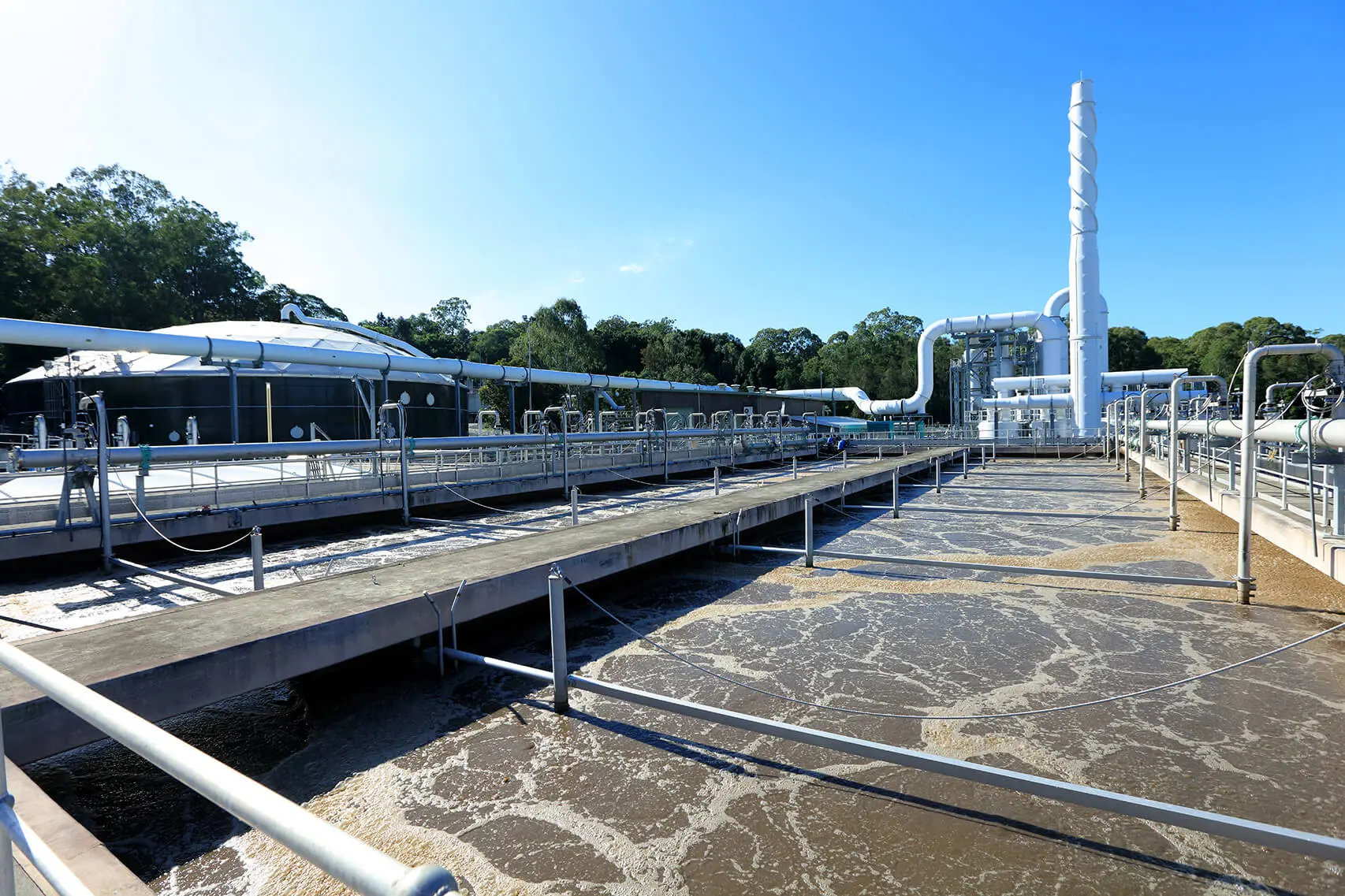Most of us don’t really think about how our toilet works while we’re using it. Considering that people typically use their toilets anywhere from 4 to 10 times a day, it’s one of those household essentials we expect to function without a hitch.

Your toilet system includes several components, all working to protect you and your family from disease and a toxic environment.
If there’s an unpleasant smell or it seems blocked, it’s vital to clear your drain using DIY methods or call a plumber. A blocked toilet can leave waste and paper without anywhere to go, establishing a breeding ground for bacteria that may cause illness.
Furthermore, the toilet flushing process involves large sewer pipes essential in waste management.
Need a Plumbing Service?
How Does My Toilet Work?
The main parts of a toilet are:
- Flush handle or button
- Cistern (tank)
- Bowel
- Lid
The cistern has internal parts, such as,
- Float ball
- Float rod
- Inlet valve
- Inlet tube
- Piston
- Siphon
- Flush handle or button
Your toilet system gets its power from gravity and pressure. When you press the flush button or handle, the connected piston is pulled up, allowing a small amount of water through the siphon.
The rim of the cistern has holes to let water flow out when you flush. Using pressure and gravity, this water pushes waste down through the pipes, passing through an S Trap. From there, it flows from the main drain to the sewer drain.
As the cistern empties, the float ball drops, which then activates the float rod. This action opens the piston, allowing the cistern to refill to the correct water level.
Where Does Stuff Go After You Flush It?
Once you press the flush handle or button, the water and waste swirl and are pushed down the toilet opening, where they travel to your sewer system.
Water from washing and cooking also gets collected and sent down the sewer pipes. Together with other waste, this mix forms what’s commonlly known as sewage. Larger sewer pipes then transport all this sewage for treatment.
Waste from different properties is collected and moves through sewer pipes, eventually reaching the sewage treatment plant. It’s crucial to only flush appropriate items, like toilet paper, to prevent system blockages.
What Happens to Raw Sewage?

After you flush the toilet, your drains’ waste is eventually taken to a wastewater treatment plant. This is important as this process involves cleaning the water and removing bacteria, harmful germs, and toxins. This is done with special chemicals and various techniques. If you notice sewage in your yard, block off the area and contact a professional plumber.
Items like toys, jewellery, and other objects that might get flushed down are also extracted during processing. After thorough cleaning at wastewater treatment plants, the water is rigorously tested for safety. Once cleared, it can be released into oceans, rivers, or even turned into recycled water!
Call in the Experts for All Your Toilet Needs
After flushing, wastewater leaves your home through a network of pipes and travels to a treatment facility. There, it undergoes several stages of filtration and biological treatment to ensure it’s safe to be released back into the environment. The treated water eventually returns to natural bodies of water, while solid waste is processed, often becoming compost or energy.
Knowing what happens after flushing underscores why keeping your plumbing system in top shape is vital. If you’re facing any toilet troubles like clogs, leaks, or sluggish drainage, it’s wise to tackle them promptly to avoid big repair bills.
Contact Fixed Today Plumbing for skilled help with all your toilet and plumbing concerns. Reach out via call, email, or visit our contact page for a free quote—we’re here to assist.














